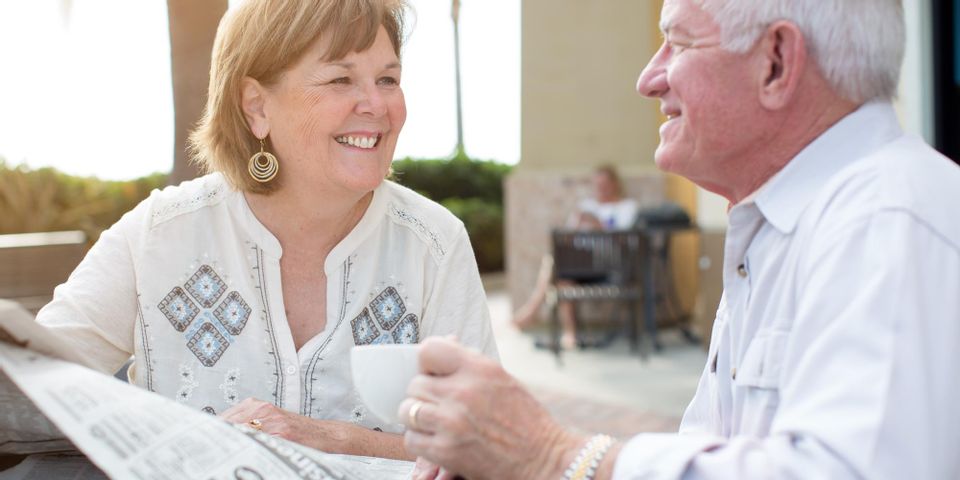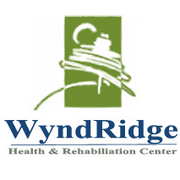3 Tips for Communicating With a Loved One After a Stroke

When a member of your family or a close friend has a stroke, it can alter their ability to speak, eat, and move. Fortunately, with proactive intervention, the help of a rehabilitation center, and the right care at home, they may regain most of their lost functioning. Here are three tips for communicating with someone after they have had a stroke.
Communication Following a Stroke
1. Speak Slowly and Clearly
Strokes can impact the portion of the brain that controls speech. When you talk with someone who has recently had a stroke, at home or at a rehabilitation center, focus on slow and careful enunciation. Consider keeping your communication as simple as possible. Omit unnecessary words, don’t use slang, and remain calm.
2. Allow Time for Processing
Strokes can disrupt a person’s ability to process information, so allow time for responses in any—at least 30 seconds. Have patience, even if the only response you need is a simple yes or no. As stroke survivors heal and their muscle weakness improves, their ability to converse should gradually improve.
3. Consider Written Communication 
Rehabilitation centers and other health care providers advise families and friends to use written communication until loved ones regain their basic speech skills. Keep a small whiteboard or a pen and paper handy. In addition to using these implements to write them notes, having loved ones read what you’ve written aids their recovery. After a stroke, reading can help improve comprehension.
Remember, you aren’t alone in your quest to help a loved one recover from a stroke. WyndRidge Health & Rehabilitation Center in Crossville, TN, can help with everything from physical therapy and elder care to assisted living and outpatient rehabilitation. Find out more about how the skilled and caring staff at this rehabilitation center can help by visiting them online or by giving their office a call at (931) 707-5687.
About the Business
Have a question? Ask the experts!
Send your question

